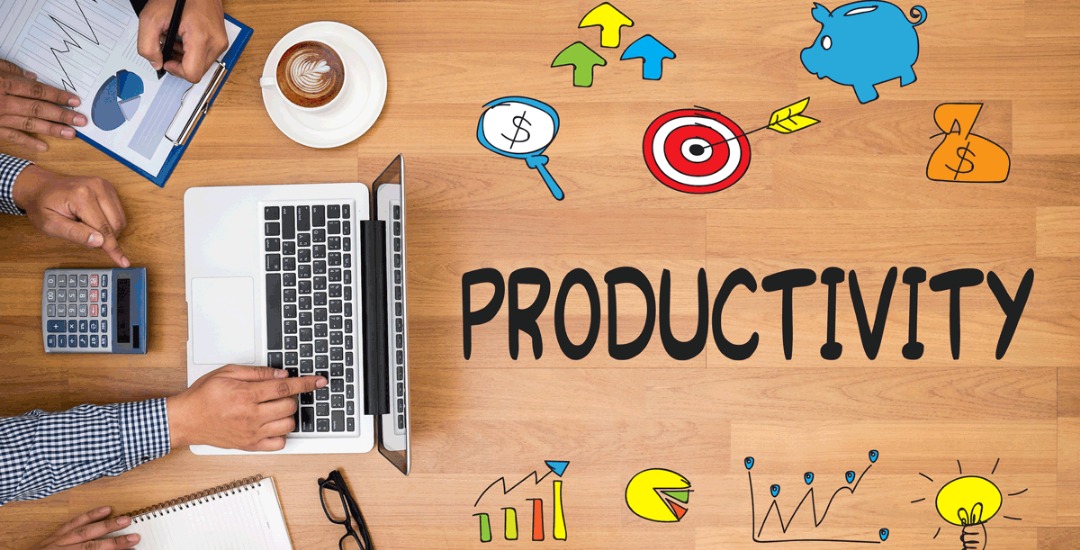Introduction to Productivity
In today’s fast-paced world, productivity has become one of the most sought-after qualities in personal and professional life. Whether you’re a student, an entrepreneur, or a corporate employee, the ability to effectively manage your time and tasks can make a significant difference in achieving your goals. In this article, we’ll explore various strategies, techniques, and tools to boost your productivity and help you get more done with less effort.
Understanding Productivity
Productivity is the ability to produce results efficiently, using minimal resources and time. However, true productivity is not just about doing more things; it’s about doing the right things. The key to being productive lies in how you manage your time, prioritize tasks, and maintain focus while avoiding distractions. Understanding productivity at its core helps individuals structure their approach to work and life in a way that maximizes their output while maintaining well-being.
Time Management: The Foundation of Productivity
The first step to improving productivity is mastering time management. Without effective time management, it’s easy to feel overwhelmed by tasks and deadlines. There are various time management techniques to explore:
- The Pomodoro Technique: This method involves breaking your work into 25-minute intervals (Pomodoros) followed by a short break. After four Pomodoros, you take a longer break. This technique enhances focus while ensuring you avoid burnout.
- Time Blocking: Time blocking involves dividing your day into blocks where you dedicate specific periods to specific tasks. It allows you to focus on one thing at a time without multitasking.
- The Eisenhower Matrix: This method helps prioritize tasks by urgency and importance, ensuring that you focus on high-impact activities rather than getting caught up in distractions.
Prioritization: Doing What Matters
When you’re juggling multiple tasks, it’s important to focus on the ones that will make the biggest impact. Prioritization is the skill of distinguishing between tasks that are urgent and those that are important. The Eisenhower Matrix is a valuable tool here, as it classifies tasks into four categories:
- Important and Urgent: Tasks that need immediate attention (e.g., crises, deadlines).
- Important but Not Urgent: Tasks that contribute to long-term goals (e.g., strategic planning).
- Urgent but Not Important: Tasks that demand attention but are not aligned with your long-term objectives (e.g., some meetings or phone calls).
- Neither Important nor Urgent: Tasks that don’t contribute to your goals (e.g., unnecessary activities).
Focusing on the most important tasks and eliminating distractions can significantly boost your productivity.
Avoiding Procrastination
Procrastination is one of the biggest enemies of productivity. It leads to unnecessary stress and last-minute rushes, making it harder to complete tasks effectively. Some effective strategies to overcome procrastination include:
- Breaking Tasks into Smaller Steps: Large tasks can feel daunting. By breaking them down into manageable chunks, you make them seem less intimidating.
- Using the Two-Minute Rule: If a task takes less than two minutes to complete, do it right away. This simple technique prevents small tasks from piling up.
- Setting Clear Goals: Clear and specific goals provide motivation and direction. By knowing exactly what you need to achieve, you’re less likely to procrastinate.
Tools for Productivity
There are countless productivity tools available to help individuals manage their tasks and schedules. Some of the most popular ones include:
- Trello: A project management tool that allows users to organize tasks visually with boards, lists, and cards.
- Todoist: A task manager that enables users to create, organize, and prioritize tasks with due dates and labels.
- Notion: An all-in-one workspace where users can take notes, manage projects, and collaborate with others.
- RescueTime: A tool that tracks your digital habits and provides insights into how you spend your time, helping you identify areas of improvement.
Overcoming Burnout
In the pursuit of productivity, it’s easy to burn out. A relentless focus on work without adequate rest or breaks can negatively affect your mental and physical health. To avoid burnout, it’s important to:
- Schedule Regular Breaks: Taking breaks throughout the day can recharge your mind and prevent fatigue.
- Maintain a Healthy Work-Life Balance: Set boundaries between work and personal life to avoid overworking yourself.
- Practice Self-Care: Engage in activities that promote relaxation and well-being, such as exercising, meditating, or spending time with loved ones.
Conclusion
Productivity is not about working harder but about working smarter. By managing your time, prioritizing tasks, and avoiding distractions, you can achieve greater success in your personal and professional life. Incorporating tools and techniques for productivity, along with a focus on well-being, will lead to long-term success and fulfillment.
